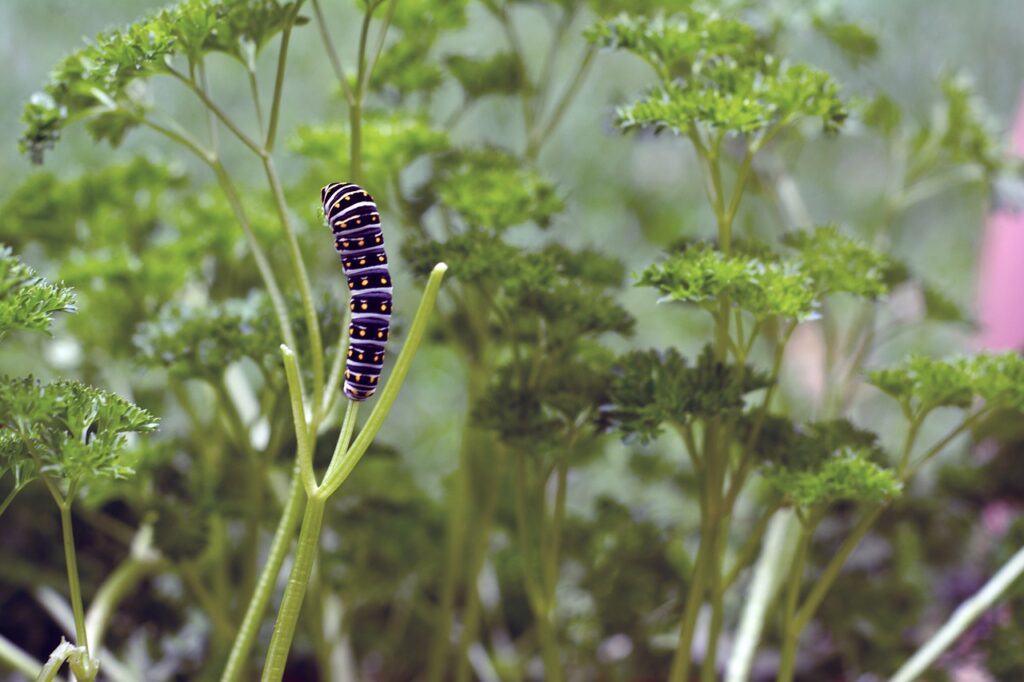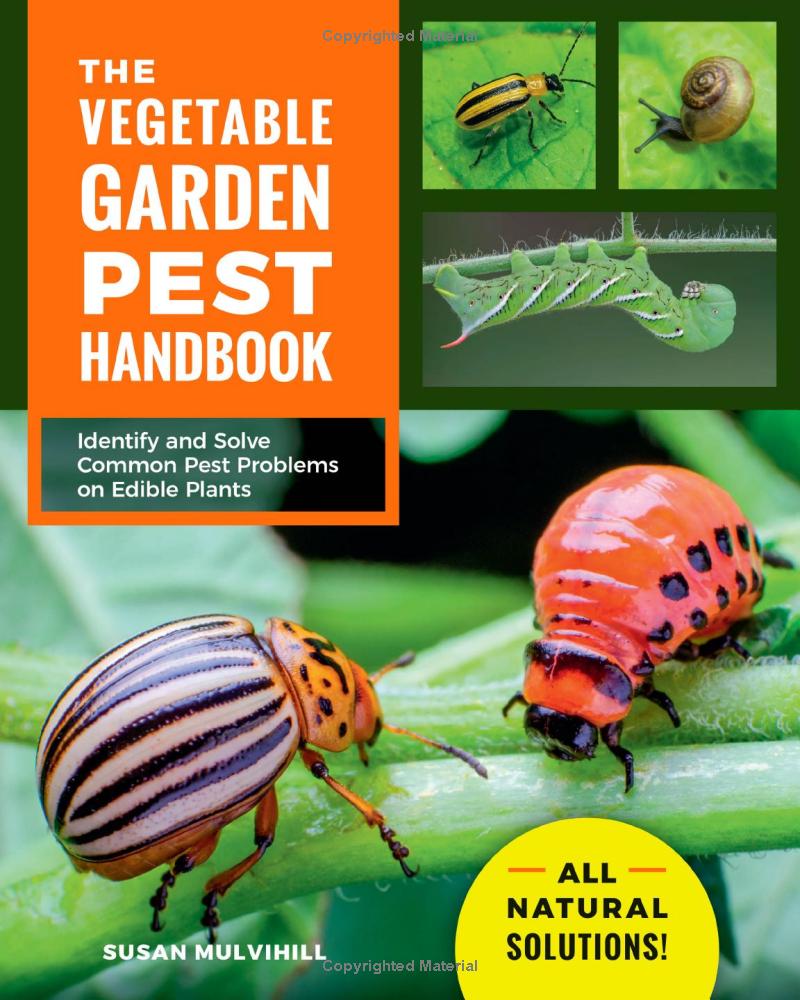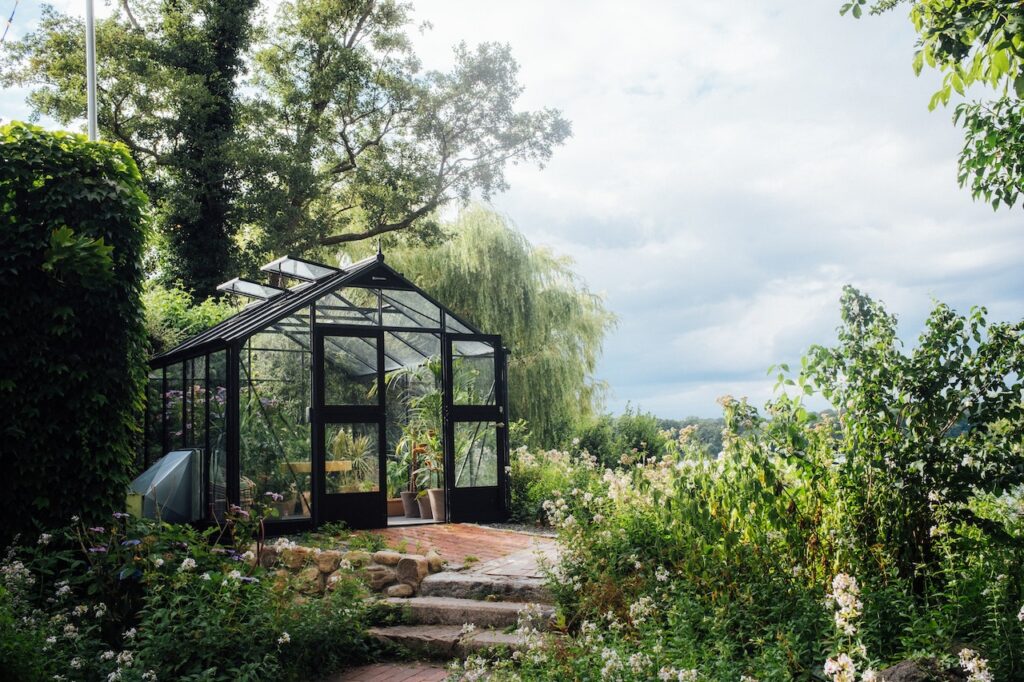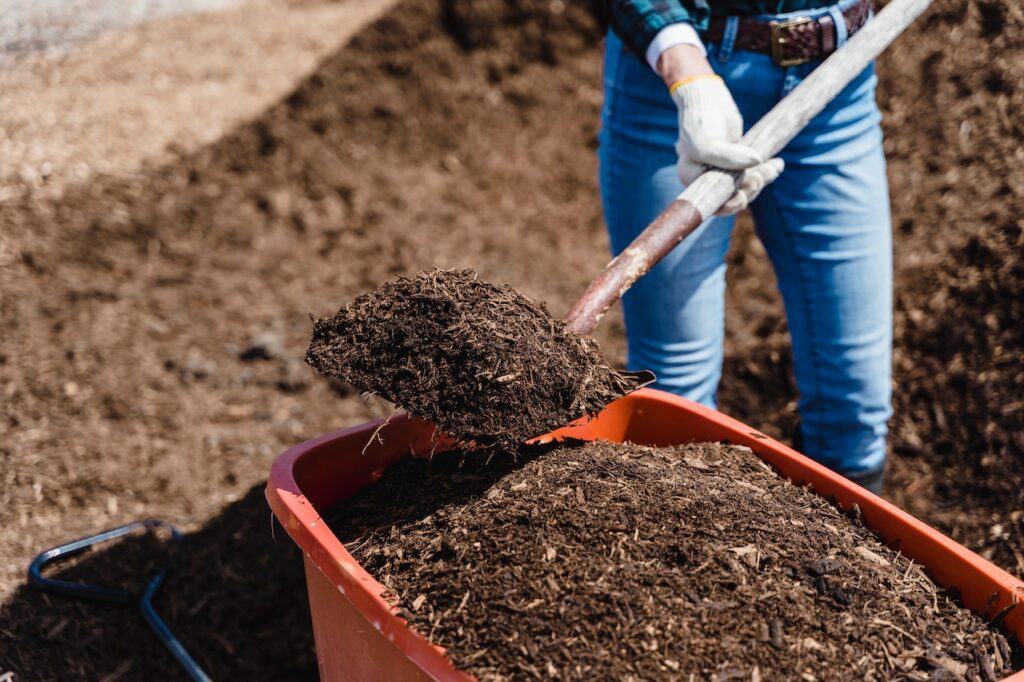As the golden rays of morning sprinkle life-giving light across your lush garden, it seems as though every petal and leaf waves hello, unveiling a treasure trove of vibrant hues and intoxicating fragrances. But oh, what’s this? A leaf cringes under the relentless assault of pests. In this Eden you’ve cultivated, it appears a serpent has slithered in. Fear not, for today, we delve deep into the art of crafting a fortress against these unwelcome guests, using nothing but the forces of nature. Buckle up, gardening enthusiasts, as we embark on an enthralling journey of nurturing a pest-resistant sanctuary, step by step.
Introduction: Aligning with Nature’s Rhythms
Gardening, my friends, is much more than a mere hobby—it’s a dance, a melodious ballet with Mother Nature herself. Would it then not be a travesty to bring synthetic, harmful chemicals into this delicate dance? One might even say it’s akin to wearing boots to a ballroom dance—absurd, isn’t it?
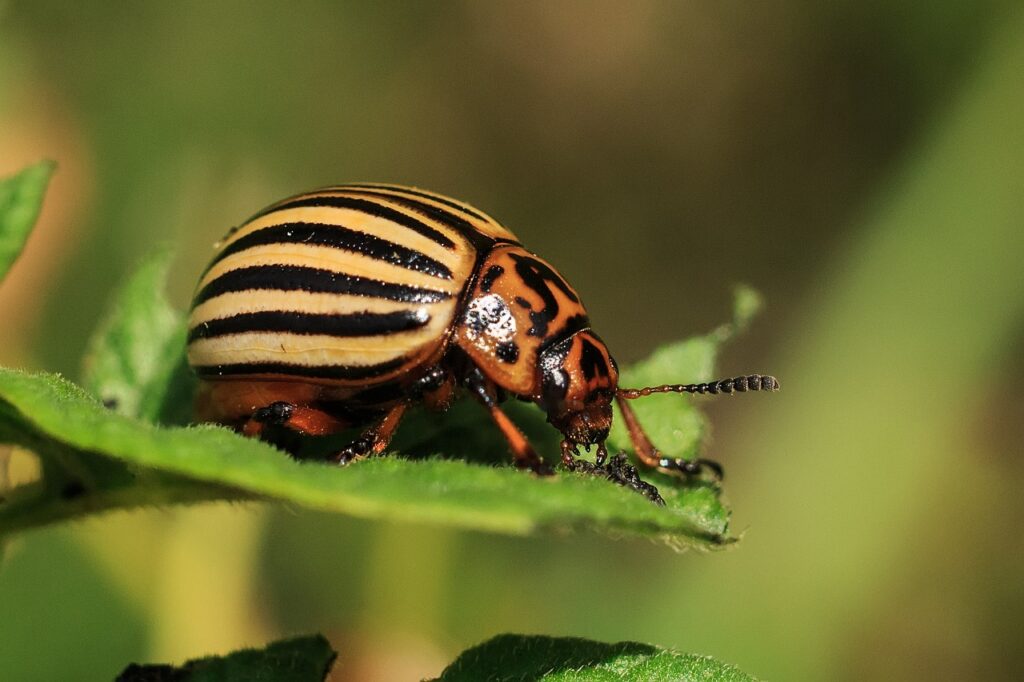
Well, let’s sway gently to the hums of the earth and the whispers of the wind as we explore all-natural solutions to garden pest control.
Step 1: The Great Reconnaissance
Before you go to war, you must know your enemy, right?
- First, you’ll need to conduct a regular stroll through your green paradise, observing, understanding, and identifying the culprits. Arm yourself with a notebook and jot down your observations.
- Second, research these pests, understanding their habits and lifecycle. This way, you’ll be ready to catch them red-handed at their most vulnerable stage.
Step 2: Building a Strong Fortress with Companion Planting
Just as we humans have friends who keep the negative energies at bay, plants too have companions that can protect them from pests. Yes, it’s as magical as it sounds!
- Marigolds: These golden warriors can deter nematodes and other pests.
- Garlic and onions: Not only for your kitchen but also for safeguarding your plants against pests.
- Basil: A perfect buddy for tomatoes, protecting them from mosquitoes and flies.
Step 3: The Knight in Shining Armor—Neem
In the epic saga of garden pest control, neem emerges as a knight in shining armor, a savior against the marauding pests.
- Neem oil: Use it as a natural pesticide that is safe for your plants.
- Neem cake: Incorporate this into the soil to keep soil pests at bay.
Isn’t it wondrous how a single tree can be a beacon of hope in our green battle?
Step 4: Beneficial Insects—Your Tiny Allies
Sometimes, it takes a thief to catch a thief. In our case, insects to catch insects. Enlist the help of these tiny warriors to protect your verdant kingdom.
- Ladybugs: These are predators to many pests like aphids and can be a great asset.
- Praying Mantis: A voracious predator that can control various pests.
Step 5: The All-Natural Pesticides
Mother Nature has bestowed upon us a plethora of elements that can act as all-natural pesticides. Let’s brew some magic potions, shall we?
- Chili and garlic spray: A fiery concoction to ward off pests.
- Neem oil mixed with liquid soap: A potent mixture that pests simply cannot stand.
Step 6: Fostering Healthy Soil
Imagine building a castle on a weak foundation. Absurd, isn’t it? Similarly, fostering healthy soil is fundamental in your quest for a pest-resistant garden. How, you ask?
- Composting: Nature’s way of recycling nutrients back into the soil.
- Crop rotation: An age-old technique to prevent pest build-up in the soil.
Step 7: A Green Sanctuary for Birds
Invite the feathered friends to your garden. Not only do they bring joyous melodies, but also act as natural pest controllers.
- Bird feeders: Install them to attract a variety of birds.
- Bird baths: A refreshing spot for birds which also encourages them to visit often.
Step 8: The Grand Finale—Regular Monitoring
You’ve nearly done it! Now, it’s time for regular monitoring and necessary adjustments, embracing failures as stepping stones to a greener, vibrant garden.
- Regular inspections: A vigilant eye can prevent a major pest outbreak.
- Prompt interventions: Timely interventions can save your garden from pest infestations.
Conclusion: A Symphony with Nature
As we draw the curtains on this enriching journey, let’s take a moment to appreciate the splendid symphony we’ve conducted with nature. The harmonious rhythm, the synchronous dance steps, the laughter shared with the chirping birds, and the secrets whispered by the rustling leaves—aren’t these the real treasures of a garden?
Key Takeaways
- Embarking on an all-natural pest control venture is not only a gift to your garden but to Mother Nature.
- Understanding pests, building fortresses with companion plants, and fostering healthy soil are vital steps in this journey.
- Embrace the rhythm of nature, nurture beneficial insects, and create a sanctuary for birds to aid in your green battle.
- Regular monitoring and adjustments pave the way for a vibrant, thriving garden.
So, fellow garden maestros, are we ready to craft a masterpiece, to orchestrate a symphony with nature, where each note echoes love, harmony, and an undying spirit of coexistence? Let’s step into our gardens, with hearts filled with hope and hands ready to mold a paradise, resonating with the heartbeat of the earth. Let’s become the composers of a green symphony, where each day is a melodious note added to the evergreen sonnet of life. Let the green saga begin!
The Vegetable Garden Pest Handbook
Identify and Solve Common Pest Problems on Edible Plants - All Natural Solutions!
In The Vegetable Garden Pest Handbook, you’ll find the simple, straightforward resources and tools you need to identify common pests of edible gardens and manage them without the use of synthetic chemical pesticides.

